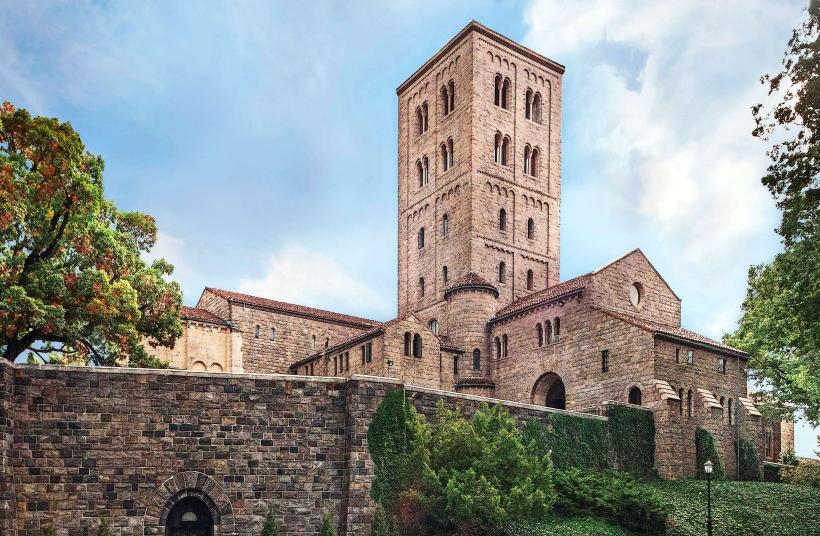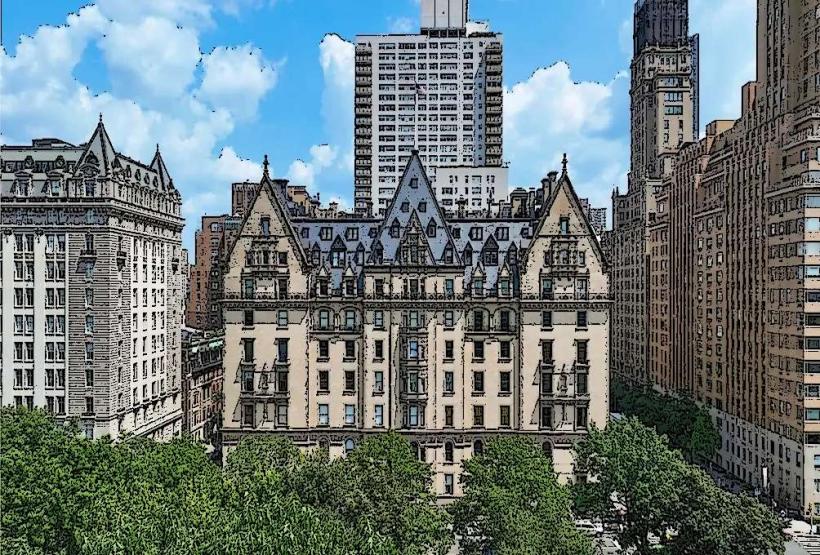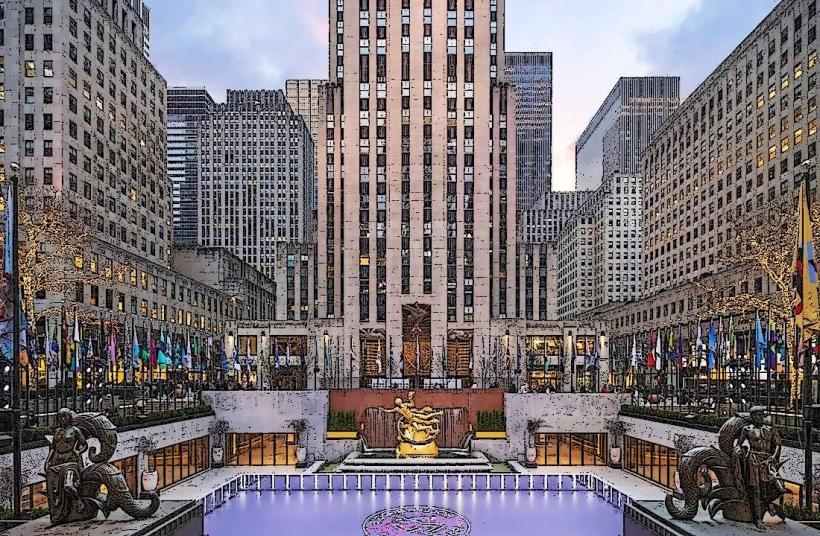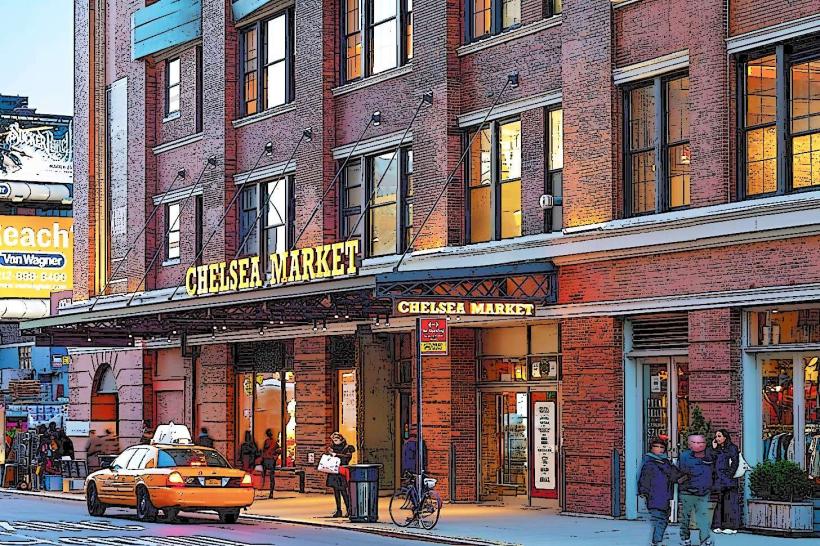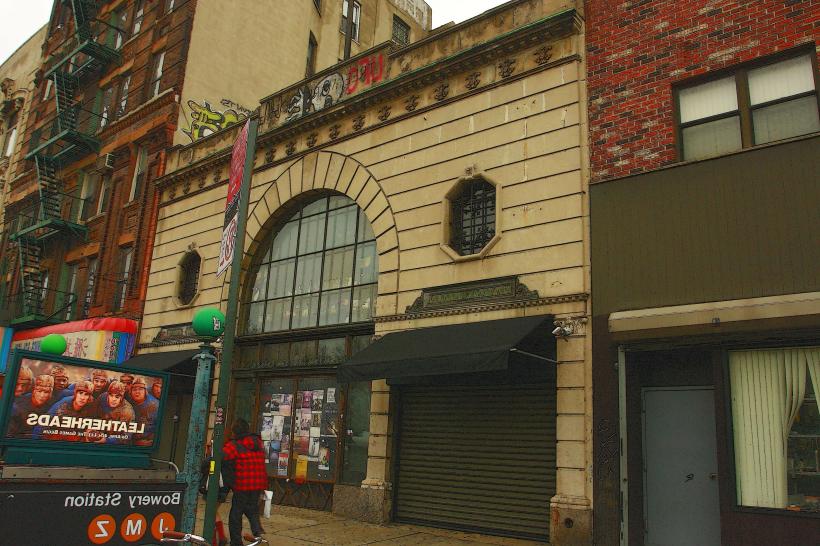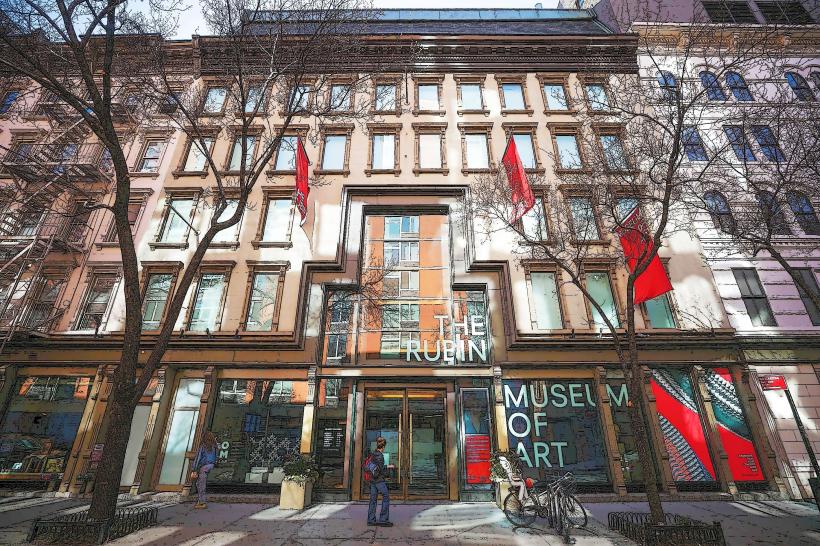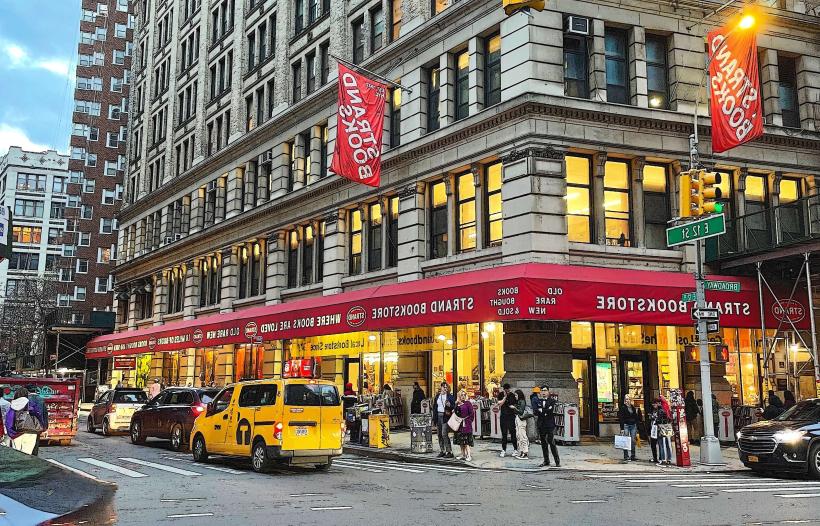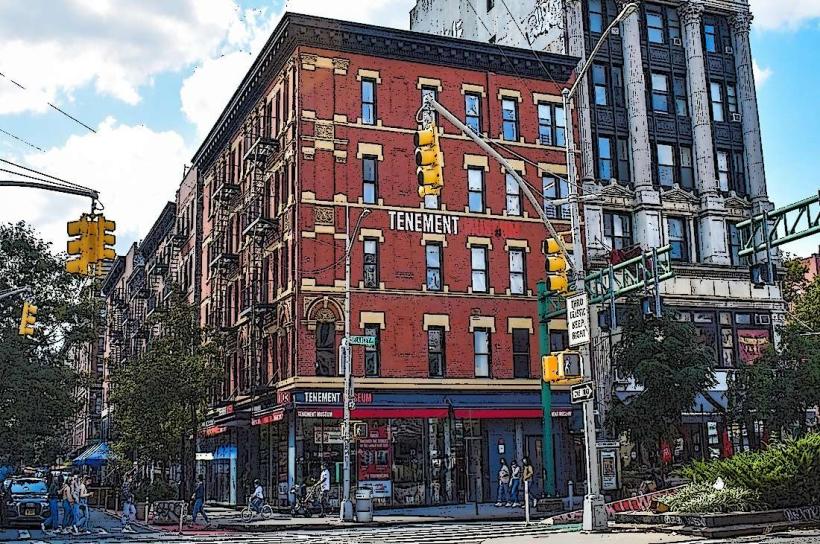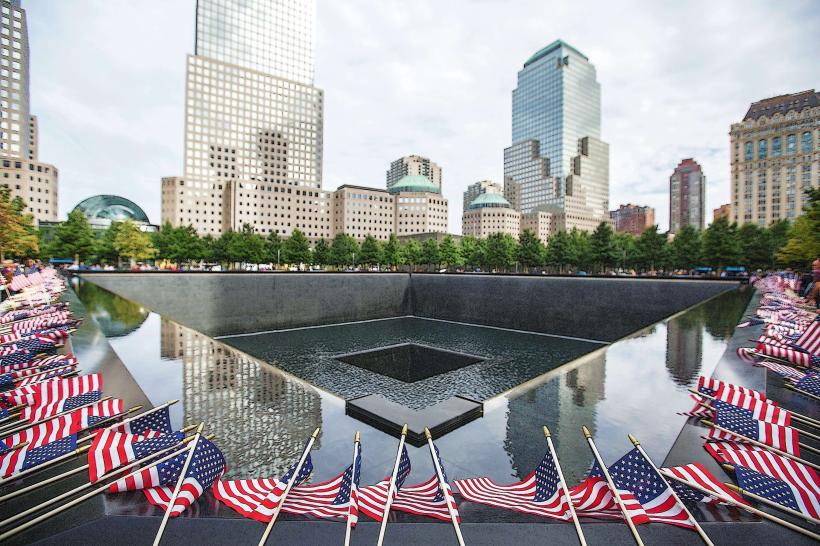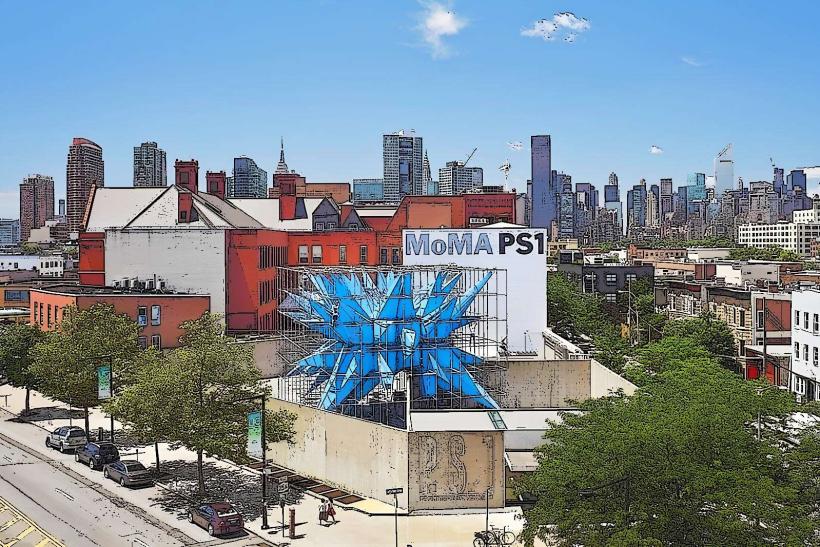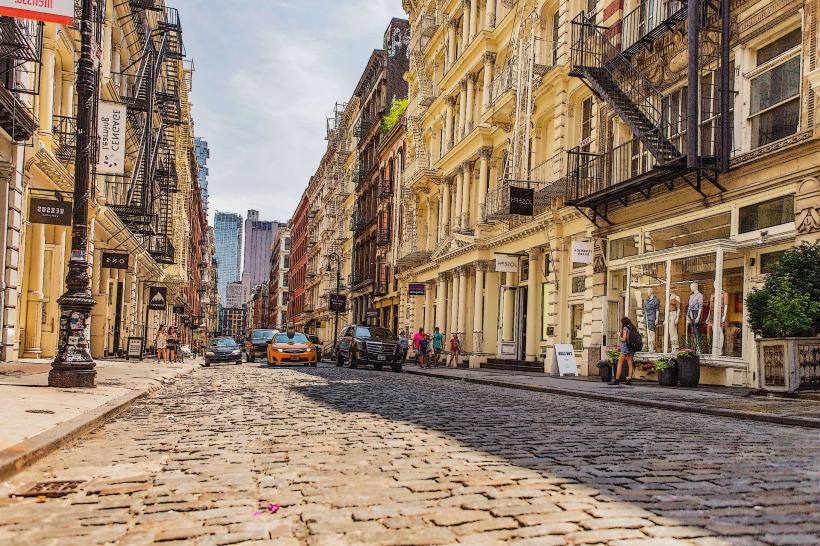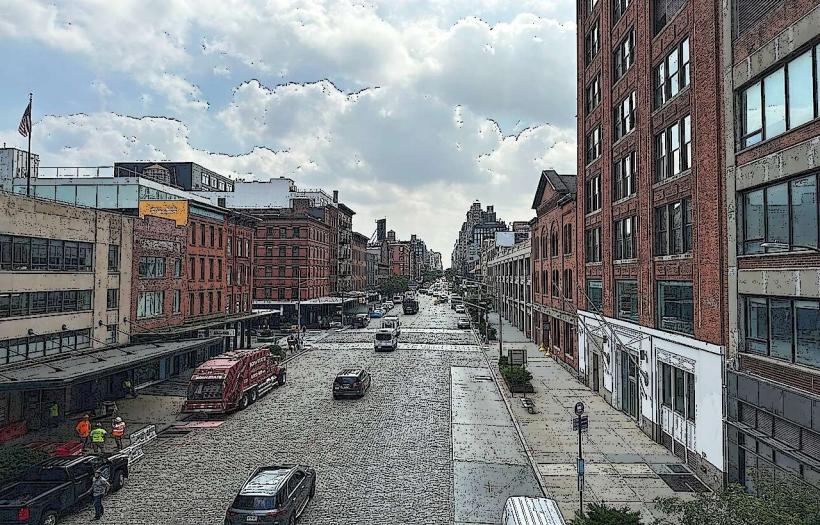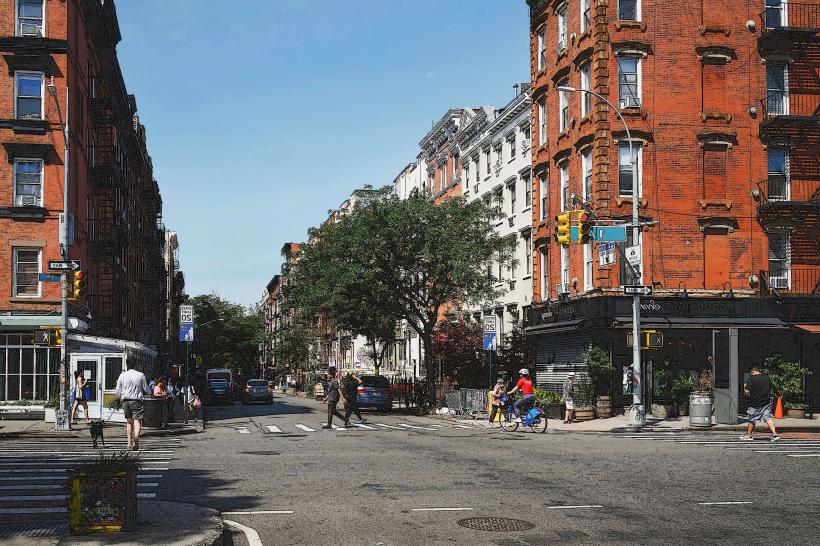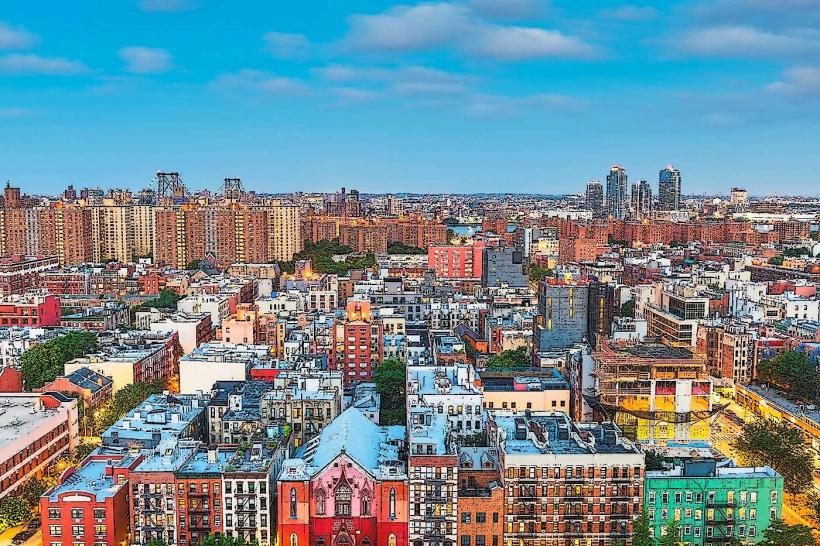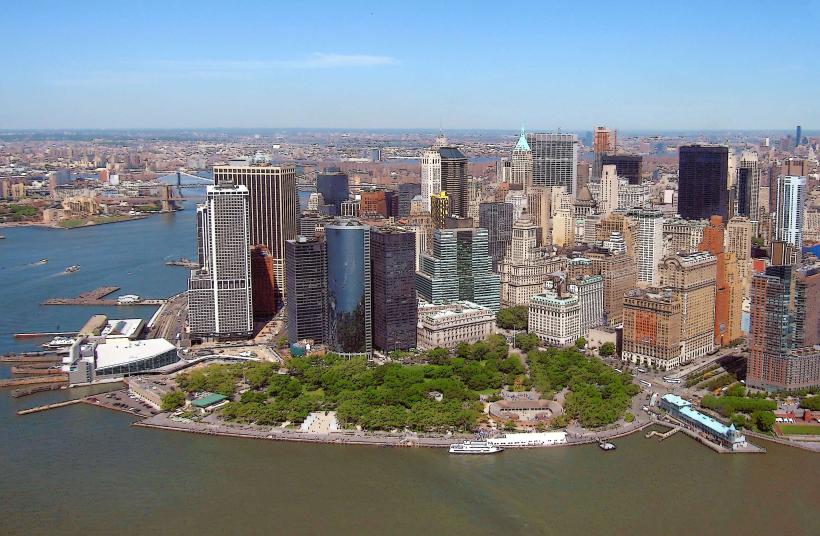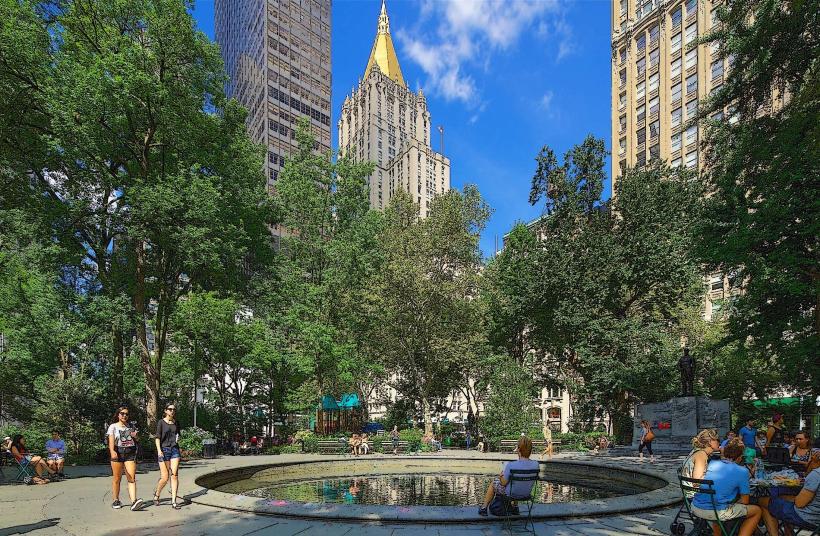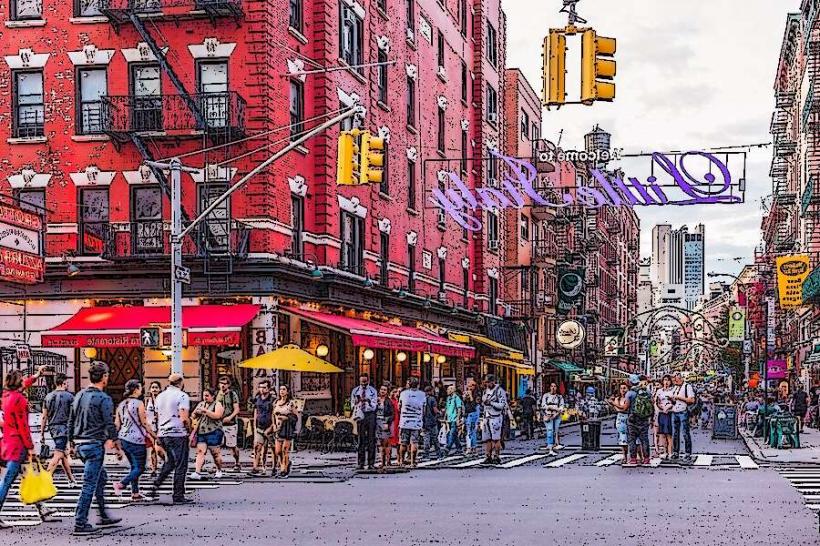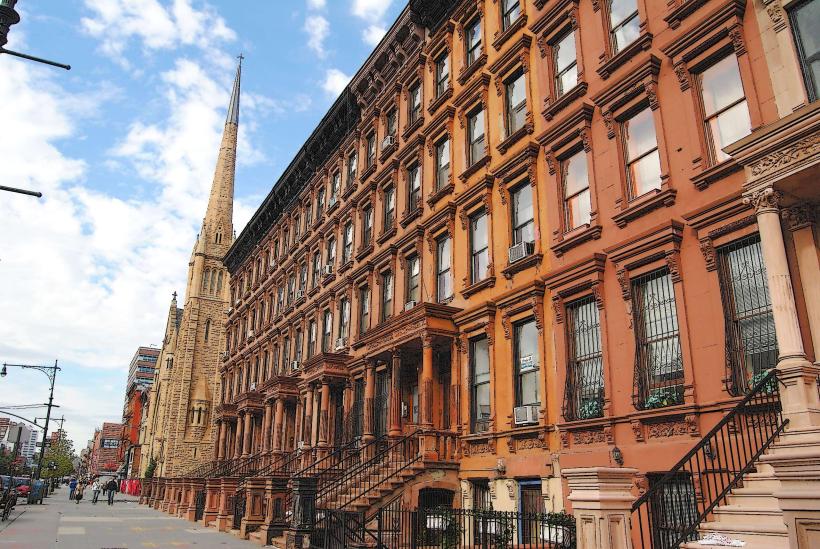Information
Landmark: Greenwich VillageCity: Manhattan
Country: USA New York
Continent: North America
Greenwich Village, Manhattan, USA New York, North America
Greenwich Village, often simply called "the Village," is one of the most storied and culturally rich neighborhoods in Manhattan, New York City. Known for its bohemian past, artistic heritage, and significant role in American political and cultural history, it remains one of the most distinct and beloved areas of the city.
Here is a detailed look at Greenwich Village:
Location and Geography
Greenwich Village is located on the west side of Lower Manhattan. Its rough boundaries are:
North: 14th Street
South: Houston Street
East: Broadway (or sometimes 4th Avenue)
West: The Hudson River
Unlike the rest of Manhattan’s strict grid pattern, the Village retains a more organic, irregular street layout that dates back to its 18th-century origins. This gives it a unique charm and feel, with winding streets and odd angles.
Historical Background
Originally a rural hamlet called Grin'wich in the Dutch colonial era, the area developed independently of the Manhattan street grid. It served as a retreat from the city in the 18th century and gradually became urbanized in the 19th.
Key historical facts:
In the 19th century, it was home to writers, intellectuals, and immigrants.
By the early 20th century, it had become a center of avant-garde art, music, and literature.
It played a major role in the 1960s counterculture movement, including the civil rights and anti-war protests.
It was central to the LGBTQ+ rights movement, especially following the Stonewall Riots of 1969.
Cultural Significance
Greenwich Village has long been considered the intellectual and cultural heart of New York. It was home to countless writers, musicians, activists, and thinkers.
Famous figures associated with the Village:
Bob Dylan, Joan Baez, Jimi Hendrix (folk and rock musicians of the 1960s)
Allen Ginsberg, Jack Kerouac, William S. Burroughs (Beat poets and writers)
Mark Twain, Edna St. Vincent Millay, Eugene O’Neill
Activists like Jane Jacobs, who fought against urban renewal plans that threatened the neighborhood
The Village’s cafes, clubs, and bookstores were incubators for new ideas in art, poetry, jazz, and politics.
Landmarks and Notable Sites
The central gathering place in the Village.
Features the Washington Square Arch, honoring George Washington.
Known for chess players, street performers, NYU students, and protests.
Often seen as the symbolic heart of the neighborhood.
The Stonewall Inn:
Site of the 1969 Stonewall Riots, which ignited the modern LGBTQ+ rights movement.
Now a designated National Historic Landmark and an active bar.
Cherry Lane Theatre:
The longest continually running off-Broadway theater in New York.
Helped launch the careers of many playwrights and actors.
The Village Vanguard:
Legendary jazz club where artists like John Coltrane, Miles Davis, and Bill Evans performed.
Judson Memorial Church:
A hub for progressive activism and avant-garde performance art.
Neighborhood Character
Greenwich Village is known for:
Low-rise historic buildings, many dating to the 19th century.
Tree-lined streets and charming brownstones.
A diverse, artistic, and intellectual population.
A strong sense of community and local identity.
A history of resistance to overdevelopment.
Despite gentrification, it retains an atmosphere that’s more relaxed and independent compared to Midtown or Downtown Manhattan.
New York University (NYU)
NYU's main campus is centered around Washington Square Park.
The university’s presence brings a young, academic energy to the area.
There has been ongoing debate about NYU’s expansion and its effect on the neighborhood.
LGBTQ+ History and Pride
The Village has long been a safe haven for LGBTQ+ people.
The Stonewall Riots began on June 28, 1969, after a police raid at the Stonewall Inn, sparking nationwide activism.
The annual Pride March in NYC began as a commemoration of the riots and now draws millions.
The area includes many LGBTQ+ landmarks and community spaces.
Today’s Greenwich Village
While Greenwich Village has undergone gentrification and rising real estate prices, it still preserves much of its original character:
Independent bookstores, cafes, and boutiques still survive.
A vibrant mix of residents, artists, students, and tourists.
Numerous off-Broadway theaters, comedy clubs, and music venues.
Protected historic districts help prevent overdevelopment.
Summary
Greenwich Village is a neighborhood with deep cultural roots, a legacy of progressive thought, and an enduring artistic spirit. From its days as a countercultural hub to its status today as a historic, upscale, yet lively part of Manhattan, the Village continues to be one of the most fascinating and influential neighborhoods in New York City.







